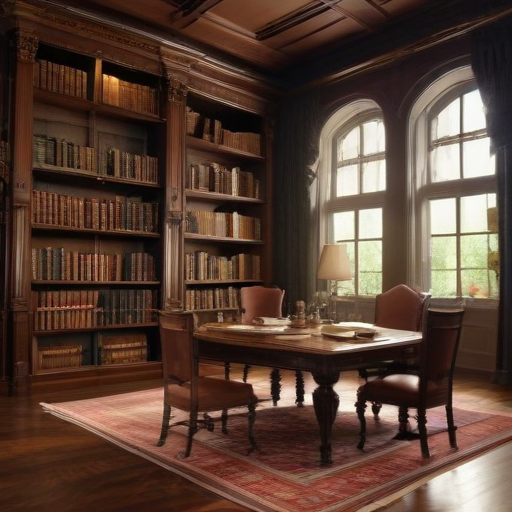In the esteemed Trustees’ Room of the Boston Athenaeum, a remarkable collection of approximately 230 books once owned by President George Washington is preserved. Displayed in a glass and wooden bookcase, the collection features a diverse array of titles, including Masonic sermons, agricultural periodicals, and Washington’s original copy of Thomas Paine’s influential work, “Common Sense.”
The journey of how these significant books came to be housed in Boston is a captivating tale. Following Washington’s death, he bequeathed his library to his nephew, George Washington Parke Custis. The collection was subsequently divided among his great-nephews. One of them, George Corbin Washington, faced financial difficulties, and in 1848, he sold the collection to Henry Stevens, an early antiquarian bookseller from Vermont and an acquisitions agent for the British Museum. Interestingly, despite Stevens’s willingness to sell to the highest bidder, prominent American libraries, including the Library of Congress and Harvard, chose not to invest in Washington’s books.
This decision prompted a spirited bidding war in Boston, as locals rallied to keep the collection in the United States rather than let it be potentially acquired by the British Museum. The original asking price of $5,000—equivalent to around $180,000 today—prompted significant fundraising efforts, with the Boston Athenaeum contributing $500 toward this cause. Although they initially fell short of the asking price, the Bostonians were fortunate; Stevens had borrowed against the anticipated sale, compelling him to accept a reduced sum, allowing the university to secure the collection.
Among the books are works on English Parliamentary debates, a manual on the order and discipline of Continental troops, and various publications from the Arminian Magazine, all of which illuminate Washington’s broad interests. Additionally, the collection reflects his appreciation for poetry, featuring a work by celebrated poet Phillis Wheatley, which adds a personal touch to the former president’s literary legacy.
Furthermore, the library also includes at least one anti-slavery work, showcasing the complex views toward slavery held by Washington and other founding fathers. The collection serves not only as a historical testament to Washington’s intellectual pursuits but also as a reflection of the era’s moral dilemmas.
Overall, the preserved works at the Boston Athenaeum provide insight into the self-education of George Washington, highlighting his reliance on books for knowledge, guidance, and entertainment—a legacy that continues to inspire appreciation for literature and history today.
